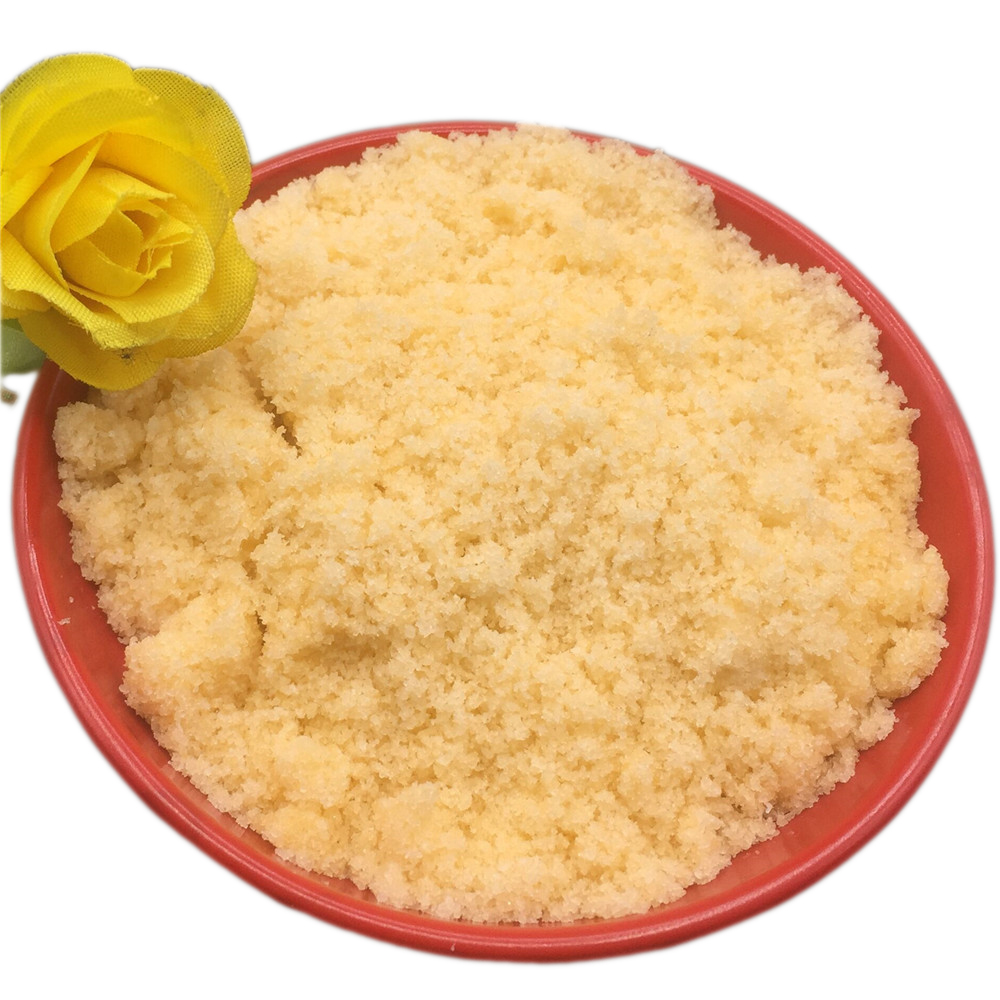
ต.ค. . 02, 2024 07:39 Back to list
Premium Ammonium Sulfate Fertilizer for Healthy Blueberry Growth and Abundant Yields
The Benefits of High-Quality Ammonium Sulfate Fertilizer for Blueberries
Blueberries are a delicious and nutritionally rich fruit, celebrated not just for their taste but also for their health benefits. Growing high-quality blueberries requires careful attention to soil conditions, watering, and fertilization. One key component for nurturing blueberry plants is the use of ammonium sulfate fertilizer. This article explores the significance of high-quality ammonium sulfate fertilizer in blueberry cultivation, emphasizing its benefits and best practices for application.
Understanding Ammonium Sulfate Fertilizer
Ammonium sulfate is an inorganic salt that provides essential nutrients to plants. It delivers nitrogen in a readily available form and sulfur, which is crucial for various plant functions. Nitrogen aids in the growth of foliage and is vital during the early growth phases of blueberry plants. Sulfur is important for the synthesis of amino acids and proteins, contributing to the overall health of the plants.
High-quality ammonium sulfate fertilizer usually contains about 21% nitrogen and 24% sulfur, making it an excellent choice for acid-loving plants like blueberries. The acidic nature of ammonium sulfate helps maintain the soil pH between optimal levels for blueberry growth (around 4.5 to 5.5), creating a favorable growing environment.
Benefits of Ammonium Sulfate for Blueberries
1. Improved Growth and Yield When applied appropriately, ammonium sulfate can significantly boost the growth of blueberry plants. It encourages lush foliage, which is essential for photosynthesis, ultimately leading to higher yields. Blueberries thrive in nitrogen-rich environments, and the use of ammonium sulfate can result in increased fruit size and quality.
2. Enhanced Soil Nutrient Availability The sulfur in ammonium sulfate promotes the availability of micronutrients in the soil, including iron, manganese, and zinc. This is especially critical for blueberry plants, which can suffer from nutrient deficiencies if the soil pH is not adequately managed.
3. Support for Microbial Activity The presence of nitrogen and sulfur in the soil encourages the activity of beneficial soil microorganisms. These microbes play a crucial role in organic matter decomposition and nutrient availability, further enhancing soil fertility.
high quality ammonium sulfate fertilizer blueberries

Best Practices for Application
To reap the benefits of ammonium sulfate fertilizer, it’s important to follow best practices during application
- Soil Testing Before applying any fertilizer, conduct a soil test to determine its pH and nutrient content. This ensures the right amount of fertilizer is applied based on the specific needs of your blueberry plants.
- Timing The best time to apply ammonium sulfate is in early spring when the plants are waking up from dormancy. This timing coincides with when they require the most nutrients for growth.
- Application Method Spread the ammonium sulfate evenly around the base of the plants, avoiding direct contact with the stems. Water the area thoroughly after application to help the nutrients penetrate the soil.
- Moderation While ammonium sulfate is beneficial, over-fertilization can lead to excessive nitrogen levels, which may cause poor fruiting or abnormal growth. Moderation is key to maintaining a healthy blueberry patch.
Conclusion
High-quality ammonium sulfate fertilizer serves as a powerful ally in blueberry cultivation. Its ability to provide essential nutrients while helping to maintain the ideal soil pH creates an environment conducive to thriving plants. When used wisely and in conjunction with other good gardening practices, ammonium sulfate can lead to a bountiful and delicious blueberry harvest, making it a must-have in every blueberry grower's toolkit.
-
10 10 10 Fertilizer Organic—Balanced NPK for All Plants
NewsJul.30,2025
-
Premium 10 10 10 Fertilizer Organic for Balanced Plant Growth
NewsJul.29,2025
-
Premium 10 10 10 Fertilizer Organic for Balanced Plant Growth
NewsJul.29,2025
-
Premium 10 10 10 Fertilizer Organic for Balanced Plant Growth
NewsJul.29,2025
-
50 Pound Bags of 13-13-13 Fertilizer for All Plants – Bulk & Organic Options
NewsJul.28,2025
-
High-Efficiency 15-30-15 Granular Fertilizer for Healthy Crops
NewsJul.28,2025
